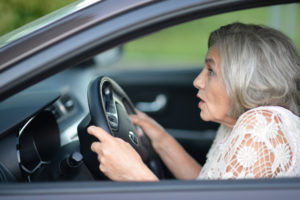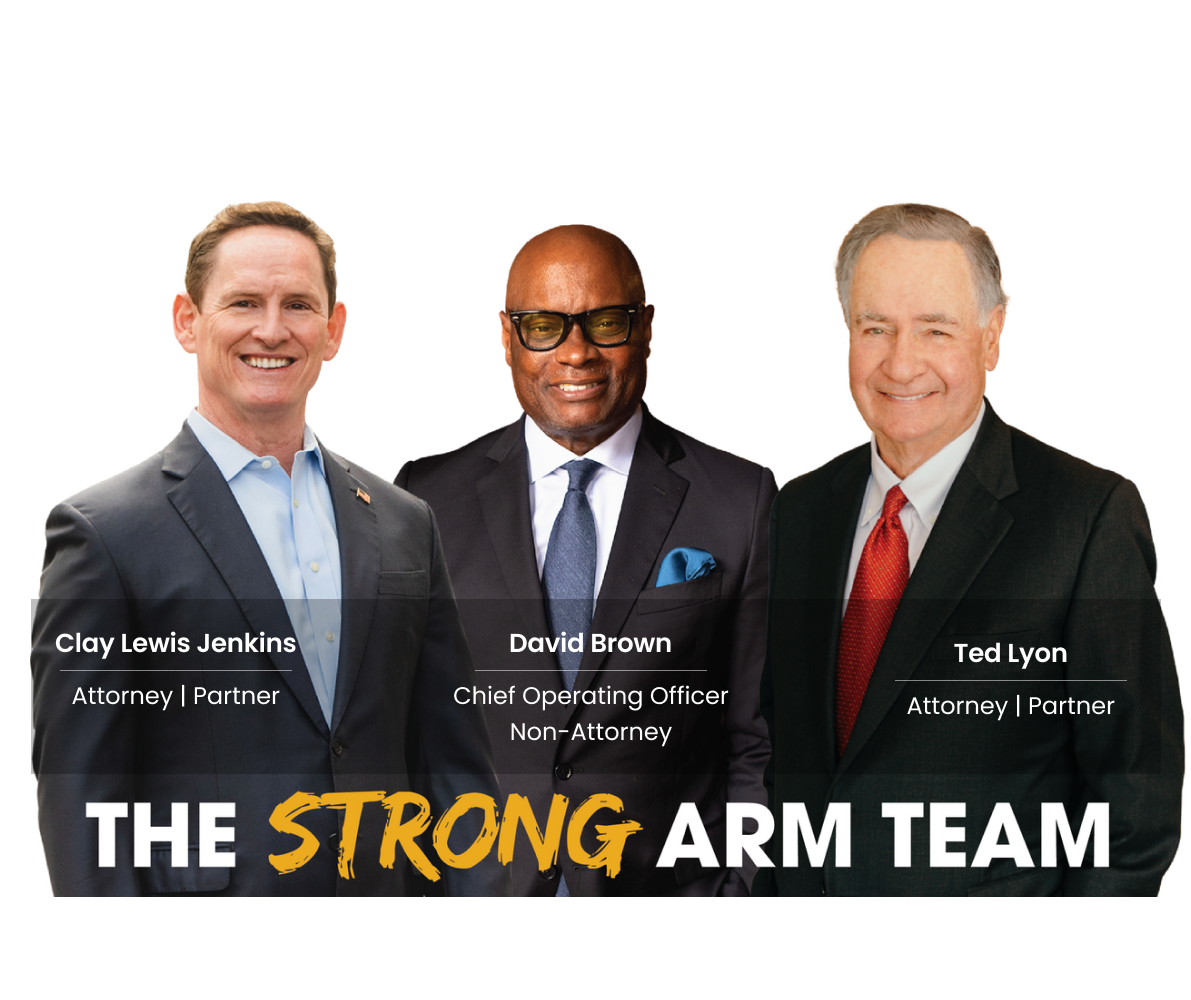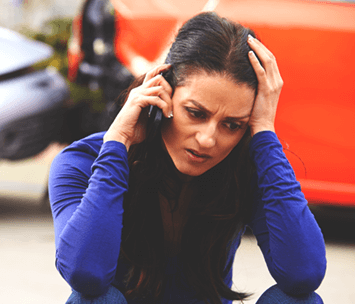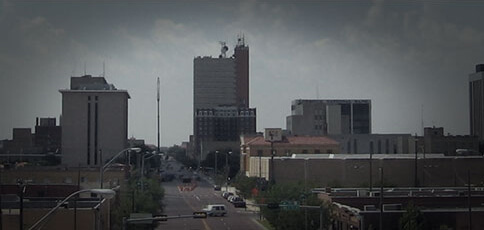
No one wants to tell their loved one that they are no longer safe to drive. Older individuals want to maintain as much freedom and independence as possible, but this is not always safe. If you were injured by an elderly driver who was not driving in a safe manner, you may have the right to pursue compensation for the damages you suffered.
An Arlington elderly driver accident lawyer from Loncar Lyon Jenkins can discuss the viability of your claim. Call us at (877) 239-4878 to speak to a member of our team to learn more about your legal rights and options.
Information About the Dangers of Elderly Drivers
Driving at an advanced age poses dangers to elderly drivers (and others on the roadway) due to the following factors:
Greater Likelihood of Being Involved in an Accident
The Centers for Disease Control and Prevention (CDC) reports that approximately 7,700 adults age 65 and older were killed in motor vehicle accidents and 257,000 received medical treatment in emergency departments due to car accidents in 2017.
Increased Possibility of a Bone or Joint Problem
AAA reports that 50% of middle-aged adults and 80% of adults in their 70s suffer from arthritis, which can make turning and twisting difficult and painful. Additionally, the association reports that senior drivers’ ability to grip and turn the steering wheel, accelerate the vehicle, or reach is negatively impacted by weaker muscles, reduced flexibility, and a limited range of motion.
Greater Likelihood of Having Medical Problems that Affect Their Driving
The Centers for Disease Control and Prevention (CDC) also cautions that older drivers may have declines in vision and cognitive functioning, as well as physical changes that can affect the driving abilities of some older drivers.
Possibility of Being Impaired Because of Medication
More than 75% of drivers age 65 and older report taking at least one type of medication, but fewer than one-third knew whether or not their medication might affect their driving, according to AAA.
Concerned family members must be vigilant about considering whether it is safe for an elderly person to continue to drive in light of these drastic dangers.

800-285-HURT (4878)Available 24/7 | 356 Days | se habla español
Signs of Declining Driving Ability
Families may want to talk about eliminating or reducing an elderly loved one’s driving when any of the following signs are present:
- They get in accidents or have frequent close calls
- There is damage on their vehicle, garage, or mailbox
- They hit curbs when driving
- They drive too fast or slow for road conditions
- They suffer a delayed response to unexpected situations
- They feel less confident about their driving ability
- They have difficulty moving into or staying in the proper lane
- They become easily distracted
Certain medical conditions and medications may make a particular senior unsafe to drive. The Texas Department of Public Safety (DPS) encourages concerned citizens to report a possibly unsafe driver.
Loncar Lyon Jenkins can help find proof that the other driver in your accident is not in a proper condition to drive. Call (877) 239-4878 to learn about how we can do so.
Texas Laws Regarding Elderly Drivers
While elderly drivers must still comply with all of the driving rules enforced by DPS, they must also comply with additional rules specifically for older drivers as described by DPS, including:
- Drivers age 79 to 84 must renew their license every six years instead of every eight years like younger drivers
- Drivers 85 or older must renew their license every two years from their last renewal date
- Drivers age 79 or older must renew their driver’s license in person
- Beginning at age 79, drivers will be required to pass a vision test at renewal
- Beginning at age 79, a license and permit specialist will review questions and answers to the driver’s medical history
- Older drivers may be required to take a driving test or provide additional information from their physician if the DPS determines that they are not safe to drive without additional safeguards
Texas also allows DPS to put special restrictions on a driver’s license, such as:
- Requiring drivers to wear corrective lenses or contact lenses
- Prohibiting nighttime driving
- Prohibiting driving on freeways
- Limiting the speed they can drive
- Requiring drivers to wear hearing aids while driving
- Requiring drivers to have certain equipment on their vehicles

800-285-HURT (4878)Available 24/7 | 356 Days | se habla español
Proving that an Unsafe Elderly Driver Caused an Accident
Our Arlington elderly driver accident lawyers will thoroughly investigate your claim and look for evidence to help establish the cause of your accident, such as:
- Video footage of the accident
- Previous unsafe driver reports
- Medical records that establish that the at-fault driver may have had a medical condition or prescription that affected their driving ability
- The statement of the elderly driver
- Eyewitness statements
Our goal is to secure the best possible outcome for you, and that begins with a thorough investigation into your claim.
Possible Damages You Could in an Elderly Driver Accident
Damages can repay you for the economic and non-economic losses you suffered because of the accident, such as:
- Medical expenses (hospital expenses, emergency department costs, lab tests, follow-up treatment, physical therapy, and medication)
- Costs to repair or replace your vehicle
- Lost wages you incurred due to being unable to work
- Lost earning capacity, if the accident caused a permanent disability
- Pain and suffering
Contact us to learn about the potential value of your claim.
Contact Our Team Today for a Free Consultation
If you were injured by an unsafe elderly driver, an Arlington elderly driver accident lawyer from Loncar Lyon Jenkins can provide you with the responsive legal assistance you need while you recover from your injuries. Our team will investigate your accident, gather evidence to substantiate your claim, and negotiate a fair resolution for your claim.
You can speak to a member of our team by calling (877) 239-4878. We provide a free consultation to discuss your claim in more depth.














